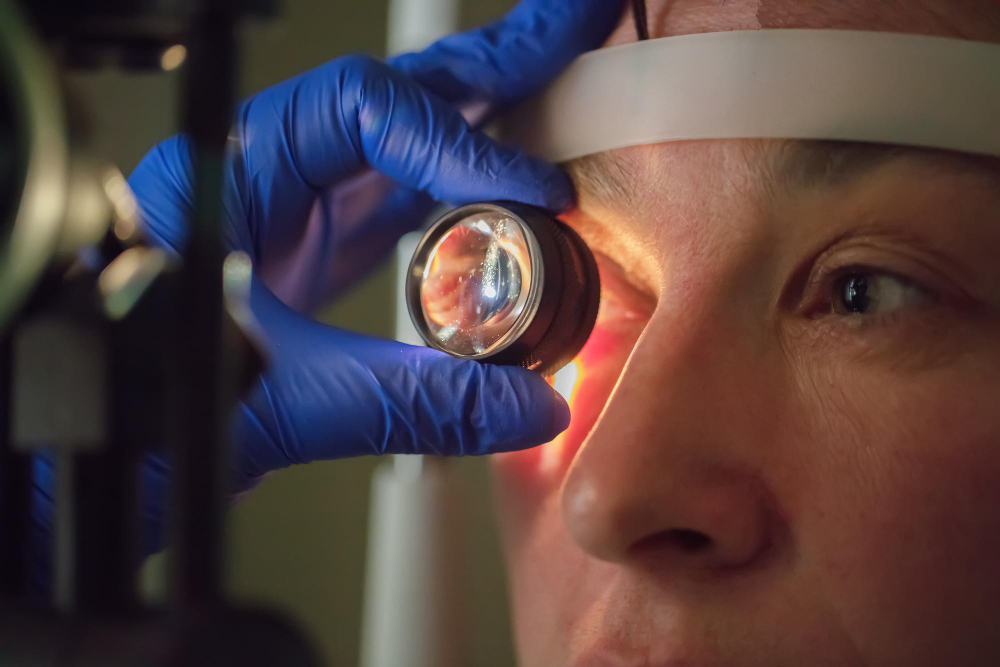What is Viral Keratitis?
Viral keratitis is an eye infection that affects the cornea, the clear front part of your eye. This condition can cause pain, redness, and vision problems. Often, the herpes simplex virus is the main cause, leading to what doctors call herpes simplex keratitis. However, other viruses can also cause this infection. Because the cornea is so important for clear vision, any infection here needs quick attention. According to the Centers for Disease Control and Prevention (CDC), viral keratitis is a leading cause of corneal infections worldwide.
Common Symptoms of Viral Keratitis
Early signs of viral keratitis can be mild, but they often get worse without treatment. For example, you may notice discomfort or changes in your vision. Watch for these common corneal infection symptoms:
If you notice any of these symptoms, it is important to seek help. Early treatment can prevent lasting damage.
Causes and Risk Factors
Most cases of viral keratitis are caused by the herpes simplex virus. This virus can stay in your body and reactivate later. Sometimes, the varicella-zoster virus, which causes chickenpox and shingles, can also infect the cornea. In rare cases, other viruses may be involved. Several risk factors can increase your chance of getting viral keratitis:
Because the virus can reactivate, people with a history of cold sores are at higher risk.
How is Viral Keratitis Diagnosed?
Doctors use several steps to diagnose viral keratitis. First, they ask about your symptoms and medical history. Next, they examine your eye with a special microscope called a slit lamp. Sometimes, they use eye drops with dye to highlight damage on the cornea. In certain cases, doctors may take a small sample from the eye to test for viruses. According to the World Health Organization (WHO), early diagnosis helps prevent serious vision problems. Quick testing and treatment are key.
Treatment Options for Viral Keratitis
Treatment depends on the type and severity of the infection. Most often, doctors prescribe antiviral eye drops or ointments. In some cases, you may need oral antiviral medicines. If there is swelling or severe pain, steroid eye drops may be used, but only under close medical supervision. Never use steroid drops without a doctor’s advice, as they can make the infection worse. For people who wear contact lenses, it is important to stop wearing them until the infection clears. With proper care, most people recover well. However, some cases may need longer treatment or follow-up visits.
Prevention Tips and Lifestyle Guidance
Preventing viral keratitis is possible with good habits. Here are some simple tips for preventing viral keratitis:
By following these steps, you can lower your risk of eye infection and protect your vision.
When to See an Eye Specialist
If you notice symptoms like eye pain, redness, or blurred vision, see an eye specialist immediately. Early treatment can prevent serious complications. Even if the symptoms seem mild, it’s always better to be safe. Viral keratitis can sometimes return, so regular check-ups are important, especially for individuals with a history of eye infections.
Consult an eye specialist at Sanjivani Eye Hospital for personalized advice and early treatment if you notice symptoms of viral keratitis. Your eye health is our priority.

